The Converstion Around Mental Health in Athletics Continues to Grow
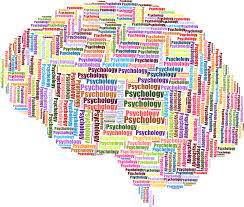
November 1, 2021
Your mind is racing and your hands shaking as you step onto the court. I am going to let the team down, you scream in your head. I can’t do this! You’re all up in your head and can’t think clearly.
This is part of what mental health for athletes could look like: constant pressure to perform. Mental health is just as important as physical health, but it isn’t historically talked about as much. According to the NCAA, “… College seniors reported in a survey a sense of loss of at 1.5 times the rate of underclassmen. In most instances, the rates of mental health concerns were 150% to 250% higher than that historically reported by NCAA student-athletes in the American College Health Association’s National College Health Assessment.” Athletic departments are providing support opportunities to athletes who are struggling to build team connections, as well as one-on-one check-ins for their academic and mental wellbeing.
From an Alder athlete’s perspective, basketball player and sophomore Evan Platfoot says that coaches that pay attention make a big difference for players. She writes via text about Alder’s new basketball coach, Allen Eggleston, “You can tell the new coach really wants to be there and wants to coach.”
These rising concerns are bringing the mental health of athletes into the light more for all involved with all athletics. International professional athletes like Simone Biles, Naomi Osaka, and Michael Phelps talking publicly about their mental health are also helping to turn the conversation everywhere. At Jonathan Alder, varsity volleyball coach Joe Ross makes a point to focus on mental health with his team.
“Mental health plays a huge role,” Ross says. “So much of the physical execution of skills begins with being in a good space mentally.”
When playing a game your mental state can influence how the game goes. Platfoot says, “My mental state and health effect can my play greatly.”
Mental health plays a huge role in sports. Everything starts with your mental space in any situation. Here at Alder, that is something our athletic director supports.
Scott Reule, the athletic director of JAHS, says, “Mental health plays a huge factor just in the aspect of performance and what they are able to accomplish and achieve. Sometimes they can achieve things that they don’t even believe they can achieve and get to a new level.”
A positive headspace can push the athlete’s boundaries on what they think they can achieve. Having good mental health also can positively affect others. It is most important for an athlete’s performance to have a positive attitude or headspace for themselves and their teammates.
Reule says, “ Physical and mental health are two different categories. I think there are benefits to both. Being involved in a team and working with others improves and helps mental health. Physical health is a completely different aspect. Working out, being active, being social are lots of those things that help your physical health. But one is not greater than the other. There are positives and negatives to both.”
Physical health and mental health in sports both have different roles: positive and negative. They are both very different and play many different roles in an athlete’s performance but both are very important in the end.








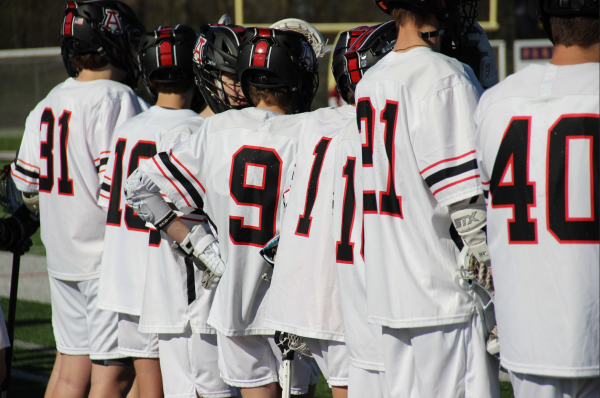


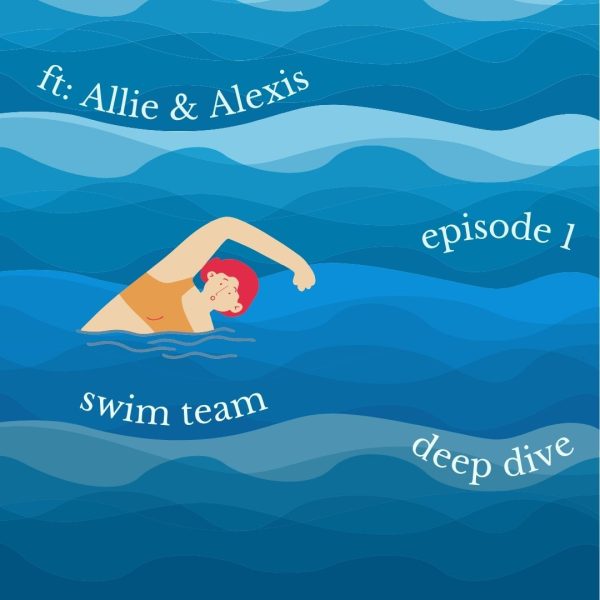


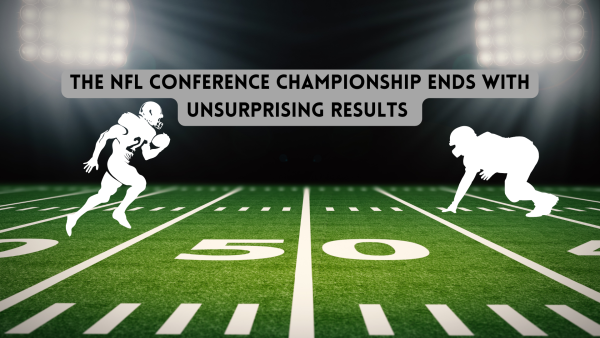
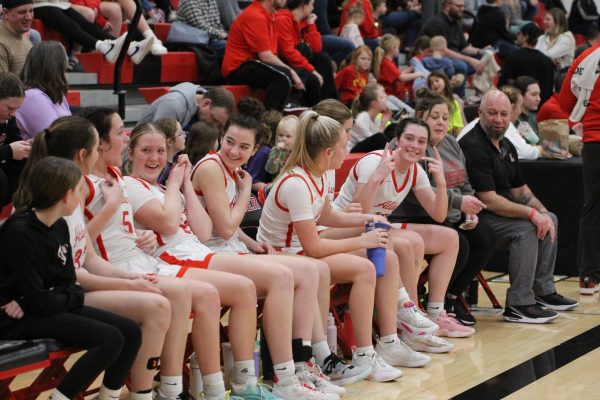
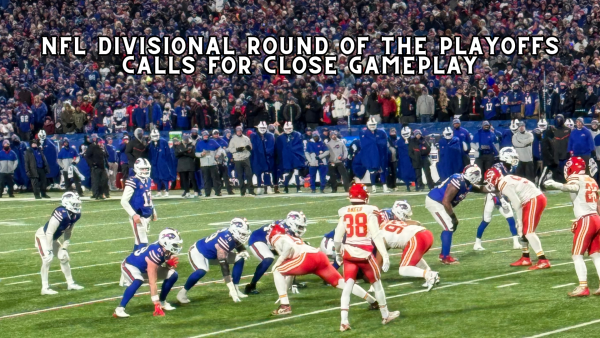
Jacob Cameron • Nov 3, 2021 at 9:30 AM
Actually a really important subject, no meme. good job pioneer press